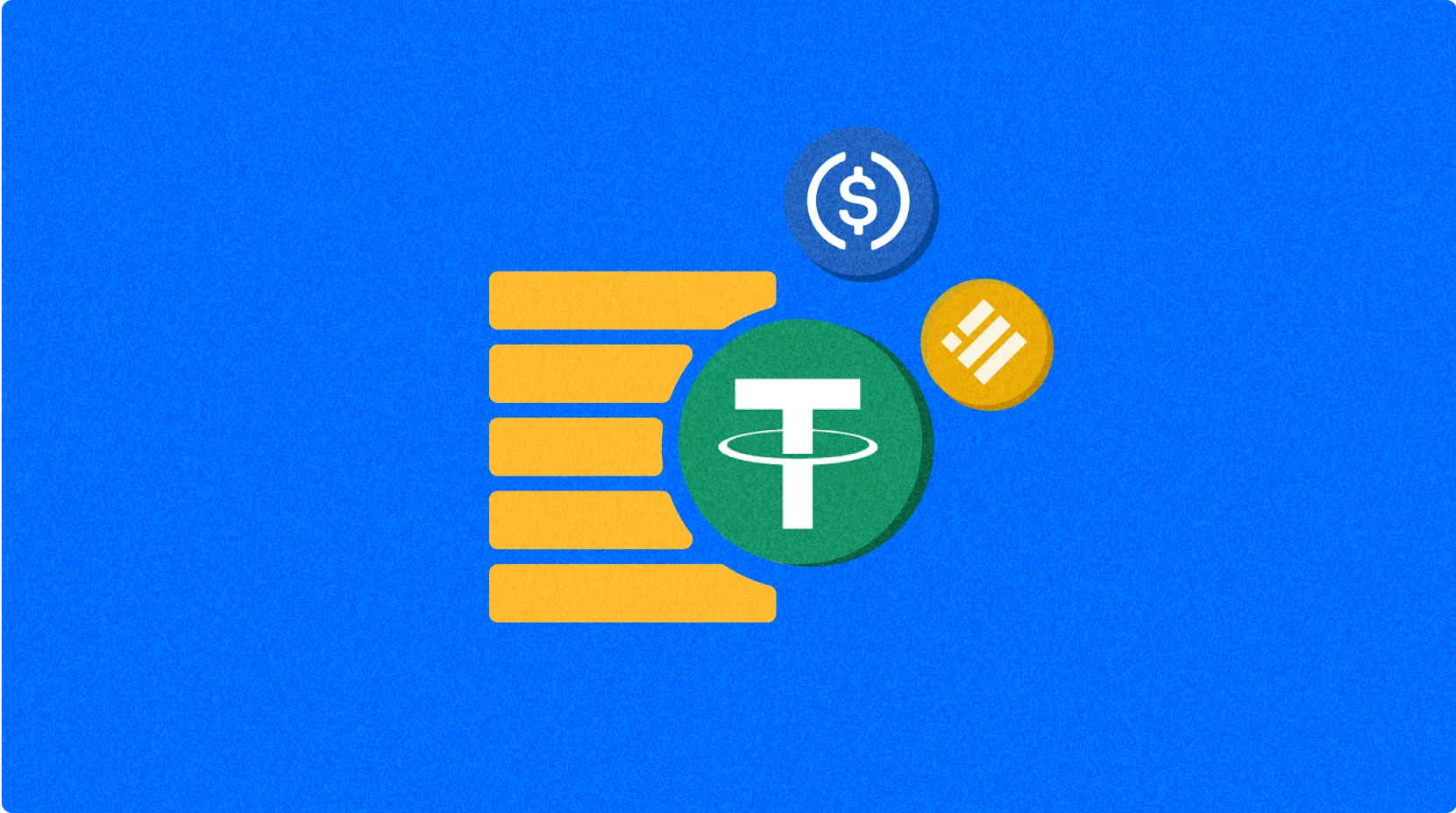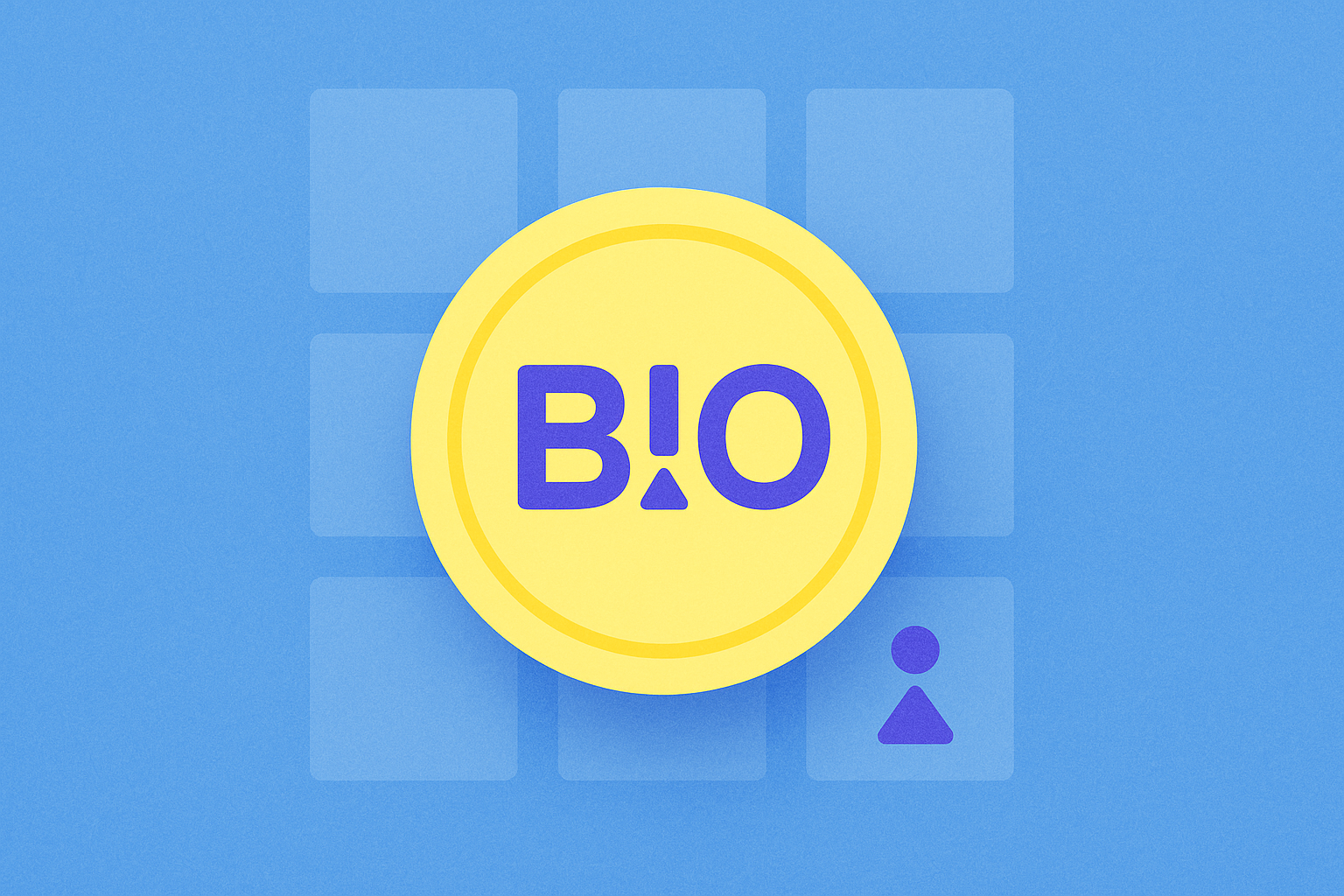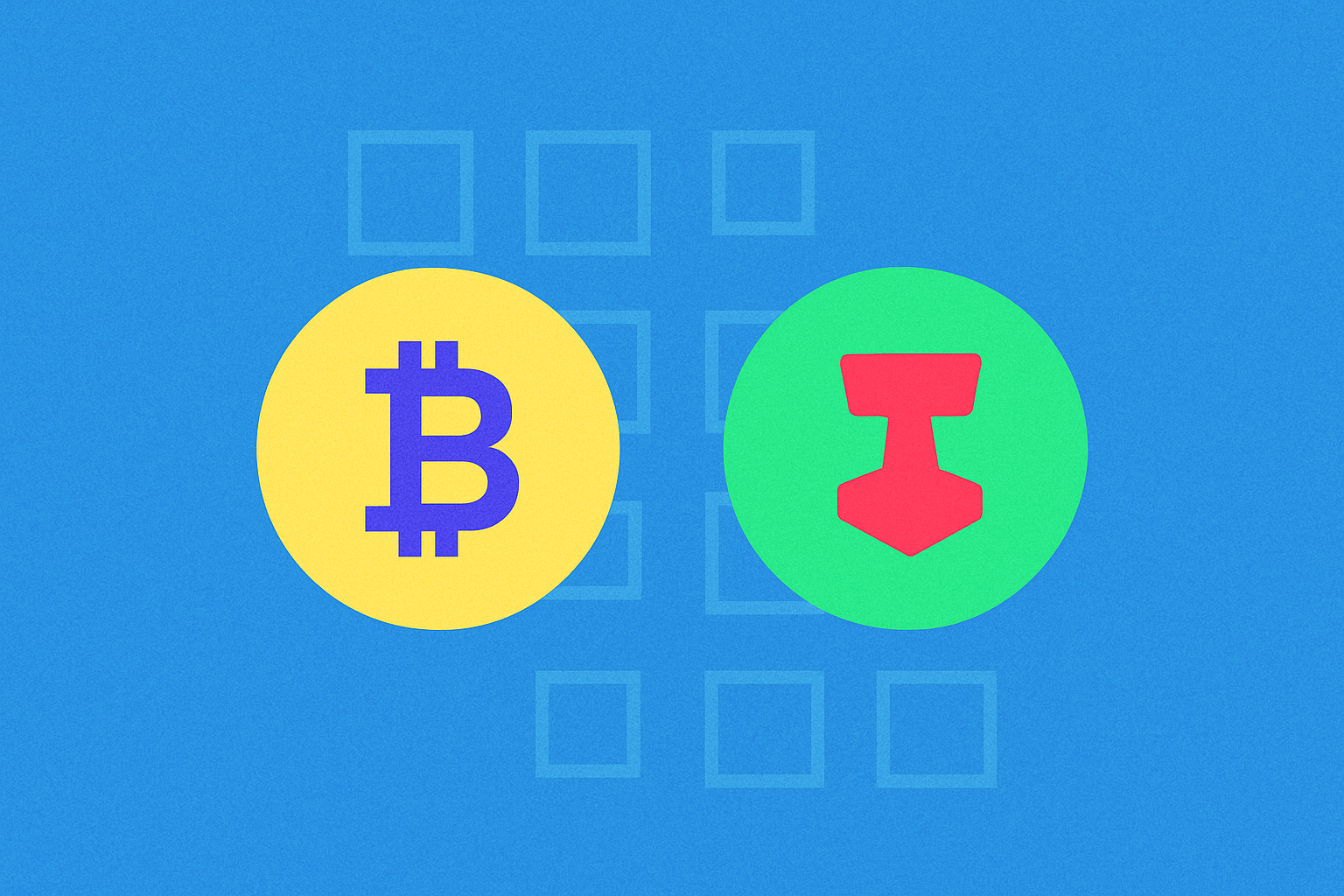O que é BNB?


O que é BNB?
BNB, ou Binance Coin, é a criptomoeda nativa do ecossistema Binance. Foi lançada inicialmente como um token ERC-20 na blockchain Ethereum em 2017 e posteriormente migrada para a própria blockchain da Binance, conhecida como Binance Chain. BNB serve para múltiplos propósitos dentro do ecossistema Binance e se tornou um jogador significativo no mercado de criptomoedas.
Principais características e usos do BNB
- Descontos de Taxa de Transação:
- Um dos principais usos do BNB é pagar taxas de transação na exchange da Binance. Os usuários podem usufruir de descontos nas taxas de negociação quando usam BNB, com a taxa de desconto variando com base no nível VIP do usuário.
- Ampla Gama de Aplicações:
Binance Launchpad: BNB é usado para participar do financiamento de novos projetos na Binance Launchpad, proporcionando acesso antecipado a projetos promissores.
Binance Smart Chain (BSC): BNB é o token nativo da BSC, onde é usado para pagar taxas de gás, participar de staking e apoiar várias aplicações descentralizadas (dApps) e produtos DeFi.
Pagamento por Bens e Serviços: BNB pode ser usado para comprar bens e serviços no mercado da Binance e com alguns parceiros externos.
- Mecanismo de Suporte de Valor:
- A Binance regularmente recompra e queima permanentemente uma parte dos tokens de BNB, reduzindo o fornecimento total. Esse mecanismo deflacionário tem como objetivo aumentar a escassez e o valor potencial do BNB.
- Comunidade e Inovação:
- A Binance tem uma comunidade grande e ativa que apoia a inovação contínua. Iniciativas como a Binance Research e a Binance Academy contribuem para o desenvolvimento da tecnologia blockchain e aumentam o valor prático do BNB.
O Papel da BNB em Diferentes Setores
DeFi: BNB é usado para pagar taxas de gás na BSC, participar de staking e se envolver em vários protocolos DeFi. Também suporta mineração de liquidez e governança dentro do ecossistema BSC.
CeFi: BNB oferece descontos nas taxas de transação na bolsa Binance e permite que os usuários participem de vendas exclusivas de tokens no Binance Launchpad. Também pode ser usado para empréstimos e ganhar recompensas através dos produtos financeiros da Binance.
Pagamento: O BNB pode ser usado para compras online via Binance Pay e para reservar serviços de viagem em plataformas como Travala.com.
Vantagens do BNB
Redução de custos: Usar BNB para taxas de transação na Binance pode reduzir significativamente os custos, especialmente para traders frequentes.
Versatilidade: A ampla gama de aplicações do BNB torna-o um ativo versátil dentro do ecossistema da Binance e além.
Modelo deflacionário: A queima regular de tokens BNB ajuda a apoiar seu valor e aumentar a escassez.
Alta Liquidez: BNB é negociado em quase todas as principais exchanges, garantindo alta liquidez e facilidade de negociação.
Riscos Potenciais
Preocupações com Centralização: Embora BNB seja o token nativo de uma blockchain pública, a Binance tem um controle significativo sobre ele, levantando preocupações sobre a descentralização.
Riscos Regulatórios: BNB, assim como outras criptomoedas, enfrenta escrutínio regulatório, o que poderia impactar sua circulação e valor.
Competição: BNB enfrenta concorrência de outras plataformas blockchain, especialmente nos setores DeFi e NFT.
Conclusão
BNB é uma criptomoeda multifuncional que desempenha um papel crucial no ecossistema da Binance. Seus casos de uso se estendem desde descontos em taxas de transação e participação em novos lançamentos de projetos até o suporte a uma ampla gama de aplicativos DeFi. Embora o BNB ofereça vantagens significativas, também vem com riscos relacionados à centralização, regulamentação e concorrência. Investidores que consideram o BNB devem avaliar cuidadosamente esses fatores.

Os Companheiros de IA (AIC) podem atingir $0,2729 na Previsão de Preço?

Fatores Que Poderiam Causar a Queda do Preço da BNB

Análise de Preço BNB: Máximas Históricas e Tendências Futuras

Onde comprar BNB: Um guia abrangente

Quais aplicações específicas AIC tem na BNB Smart Chain?

Ecossistema BNB 2025: Moedas Meme impulsionam o crescimento na cadeia BNB

Aleo (ALEO) é uma boa opção de investimento?: Análise completa do potencial de valorização, tecnologia e riscos em 2024

O Bio Protocol (BIO) é uma boa opção de investimento?: Análise completa do potencial de mercado, dos riscos envolvidos e das perspectivas para investidores

Holo (HOT) é uma boa opção de investimento?: Análise detalhada do potencial de valorização, fundamentos de mercado e fatores de risco para 2024

BBT vs RUNE: Uma análise completa dos dois principais tokens blockchain no ecossistema DeFi

RaveDAO (RAVE) é um bom investimento?: Uma análise detalhada dos fundamentos do token, desempenho no mercado e perspectivas futuras







